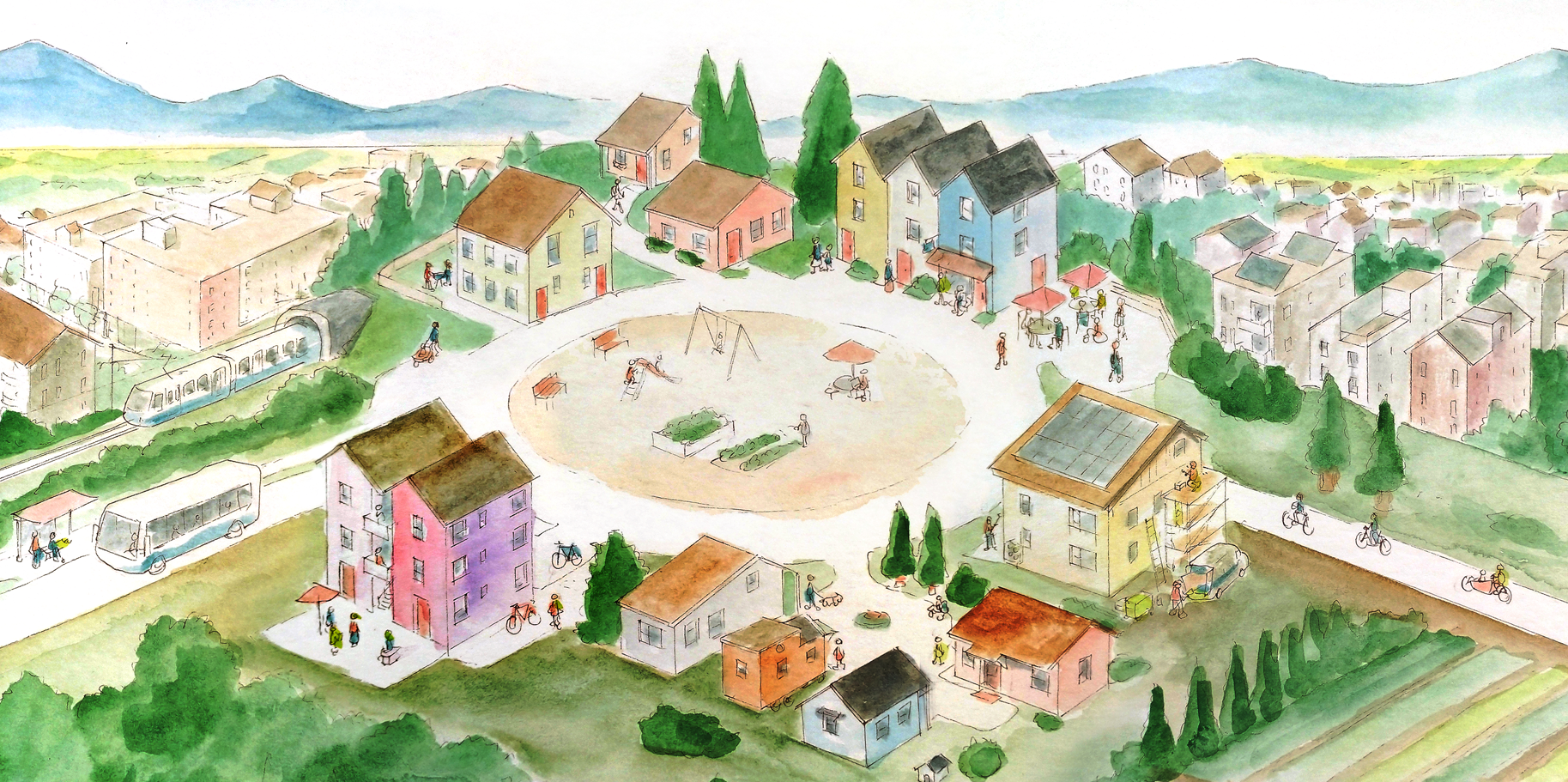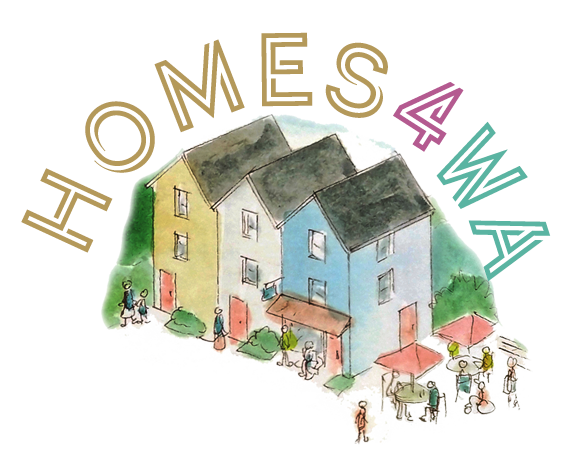
What do housing affordability policies have to do with climate change and environmental justice in Washington state?
Restrictive local zoning rules in cities across Washington make it illegal to add enough homes to keep prices and rent under control and most of our cities prevent a mix of modest homes more of us could afford, like apartments and duplexes.
If cities don’t allow enough homes, people go further out to find housing they can afford and pressure is on for sprawling development, resulting in longer, costlier commutes, more traffic, and more climate-warming pollution.
Car exhaust is the single largest source of global warming pollution in Washington. Air pollution disproportionately impacts Washington’s communities of color.
If Washington cities allow the homes we need, near jobs, shops, schools, and transit, we can go a long way to curb sprawl, ensure more affordable choices for people who live and work here, and cut traffic and climate pollution.
In order to solve the climate crisis, we have to work together to solve the housing crisis, by saying “Yes” to more homes of all shapes and sizes, in Washington cities.
